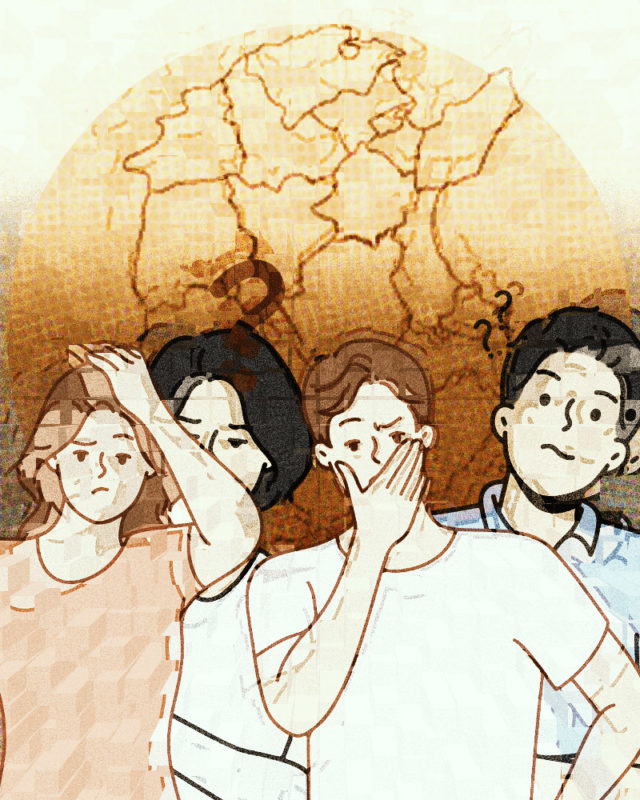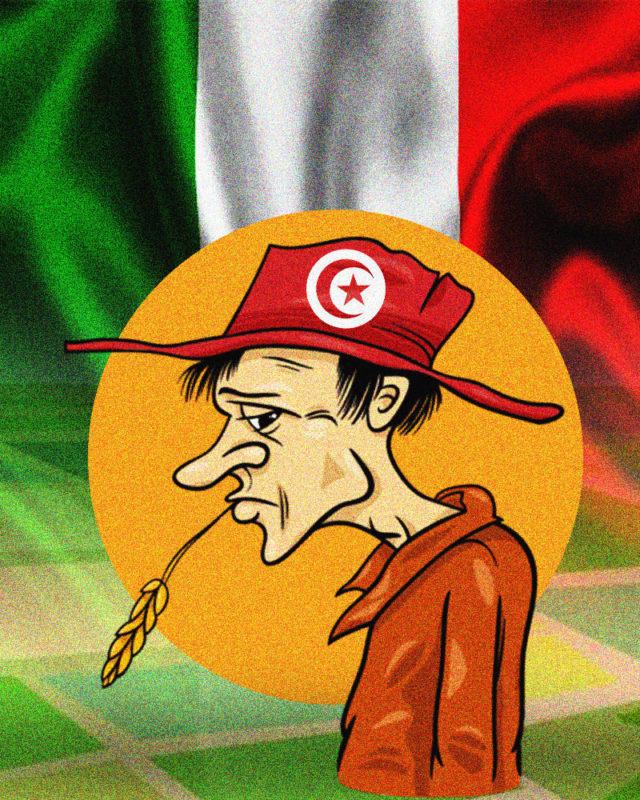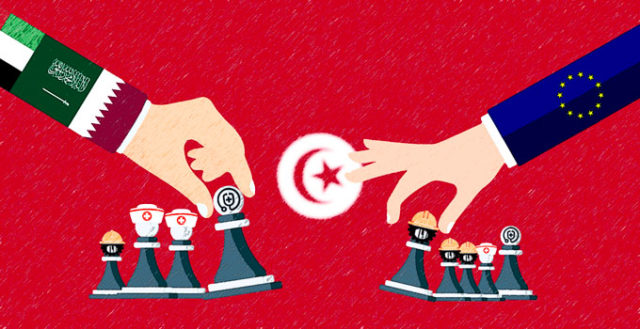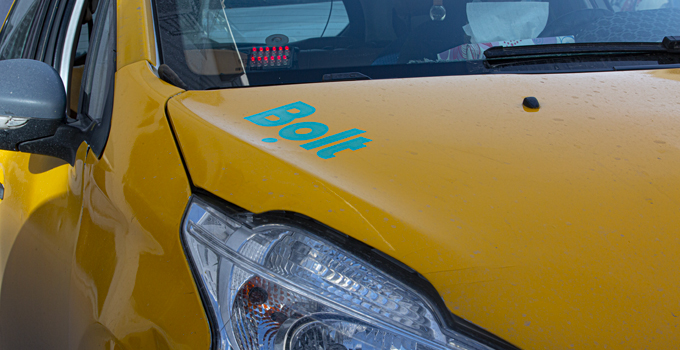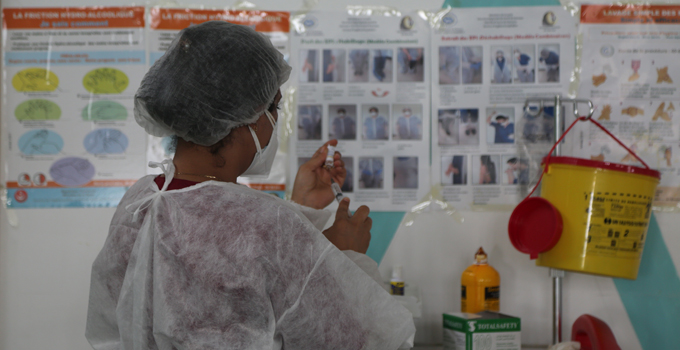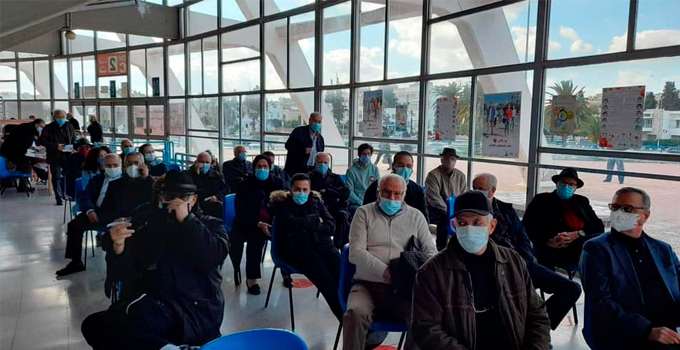Tunisian derja and literary Arabic are often perceived as rivalling languages. But the conflict runs deeper than what appears at the surface, a product of cultural, political and historical issues. It is not enough to simply question the use of one language versus another. Instead, we can ask: why use one language at the expense of the other? What drives the decision to use one language and abandon the other? Nawaat set out to find some answers.
[This report falls within the scope of activities carried out by the network of Independent Media on the Arab World. This regional collaboration includes Al-Jumhuriya (Syria), Assafir Al Arabi (Lebanon), Mada Masr (Egypt), Maghreb Emergent (Algeria), Mashallah News (Lebanon), Nawaat (Tunisia), 7iber (Jordan) and Orient XX1 (France).]
